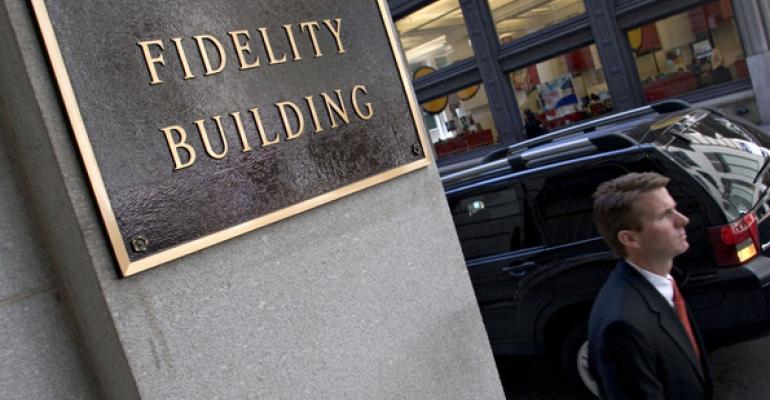Alternative investment mutual funds have seen double-digit growth in net new flows over the last five years, far better than any other asset class, according to Morningstar. So it's little surprise the number of funds boasting "alternative investment" strategies has skyrocketed. Advisors and investors need to undersand that their short track records make them difficult to judge, said Josh Charlson, Morningstar’s director of alternative funds research.
Morningstar typically won’t cover a fund without a three-year track record. “We don’t have that luxury in the alternatives space,” Charlson said, during a roundtable discussion organized by Fidelity Institutional. But the company will cover an alternative fund if it’s older than one year.
“We have to be cautious, to be honest,” he added.
Morningstar will often look at the track record of a similar fund for confidence. The company may also judge an alternative fund based on the verifiable history of the manager.
In 2013, liquid alternatives accounted for 22 percent of long-term mutual fund flows at Fidelity Institutional. If you look at all flows into alternative funds last year, non-traditional bond funds had the biggest inflows because of fixed income concerns over the next five years, Charlson said. Multi-strategy funds also accounted for a lot of the growth last year.
Larry Restieri, co-head of the alternative capital markets group at Goldman Sachs Asset Management, said now is the right time to be in alternatives, given forward-looking projections for the stock and bond markets. Equities have had an incredible run over the last year, but that likely won’t continue. Long-term, equities are fairly valued.
Goldman also believes that in the near to medium-term, interest rates will rise, with the possibility that fixed income returns will turn negative in the medium-term, Restieri said.
Matthew Brown, co-founder and CEO of CAIS, said many firms in the wealth management space don’t have the culture of or resources for the proper due diligence on alternatives managers—not to the extent that institutional investors have.
Compared to long-only funds, due diligence on alternative funds involves an ongoing relationship between the advisor and the manager, Brown added. Funds and strategies change over time.
“The monitoring and ongoing due diligence framework of the fund or product is really the framework,” Brown said. “It’s not just a one-time deal.”
Goldman Sachs’ investment committee looks closely at a manager’s operational aspects—which Restieri says is key to the due diligence process. A lot of the hedge fund blow-ups were related to back-office issues.





